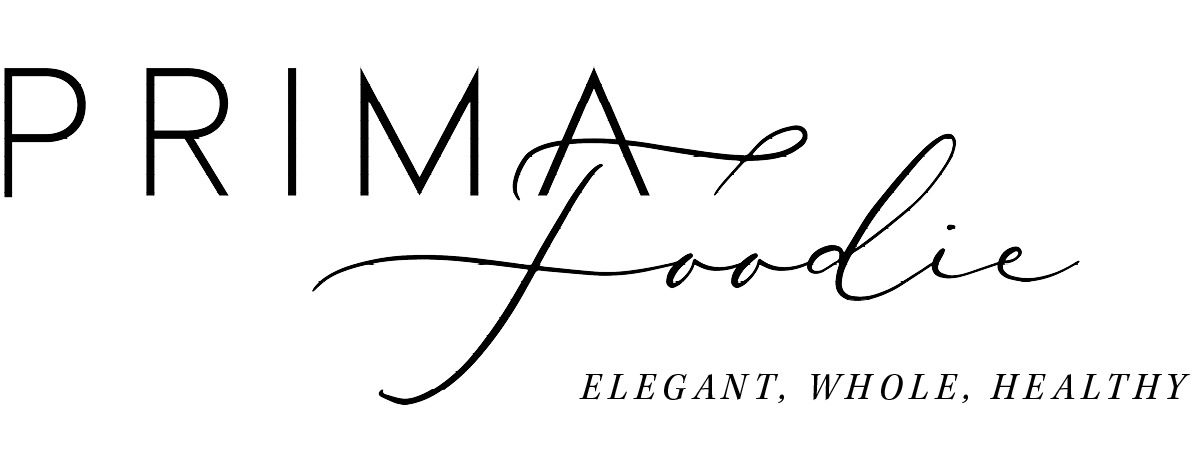Formaldehyde In Hair Care Is Making People Sick—and It’s Still Legal. What Can We Do?
For more than 10 years, researchers have warned about the health dangers linked to popular hair straightening products. These products, primarily marketed and used by Black women, have been popular because of their promise of relaxed, glossy, straighter hair. But accounts over the last decade have told of women getting headaches and rashes, feeling nauseous, and losing hair after using the treatments.
That's horrible. And it's not the worst of it. A 2022 study identified the association between these hair-straightening products and uterine cancer risk. Researchers with the NIH's National Institute of Environmental Health Sciences studied the hair care habits of more than 33,000 women. They found those who used the chemical hair straightening products four times a year or more were more than twice as likely to develop uterine cancer.
Health inspectors have gotten involved and found formaldehyde to be the main culprit causing the health issues. (Some of these products have claimed to be free of formaldehyde gas while they still contain methylene glycol, a chemical that scientists have deemed "chemically equivalent" to formaldehyde.)
So, the awareness has been spreading, with scientists, health advocates, including those at Environmental Working Group, and concerned governmental officials pushing for an end to formaldehyde in hair care—and they've made headway. In late 2023, the Food and Drug Administration proposed banning hair-straightening products containing or emitting formaldehyde, scheduling the change to be implemented in mid-2024.
But it never happened—and now, the wait will be even longer. The Food and Drug Administration has (again) missed its own deadline and, therefore, delayed its proposed ban on formaldehyde, pushing it out to March 2025. (And this isn't the first time the agency has fallen behind on harmful ingredients: It missed deadlines to propose required methods for detecting asbestos in talc-containing make-up.)
"Despite years of evidence, including EWG's 2021 petition to ban formaldehyde in hair-straightening products, the FDA has failed to act," Melanie Benesh, vice president of government affairs at the Environmental Working Group, told us. "This delay has left salon workers and consumers exposed to formaldehyde's known health risks, including cancer and respiratory issues."
Benesh continued to tell us that the FDA has long been aware of the dangers of these products. Formaldehyde and formaldehyde-emitting chemicals are horrible for those who use the products and those exposed to them, such as hairstylists.
This delayed ban says so much. For one, it speaks miles in terms of the government's priorities. Why is there a delay when people's health is directly and explicitly on the line and lawmakers and activists have pressed the FDA? Benesh told us the delay is likely due to industry pushback and limited resources.
"Enforcing a formaldehyde ban would require substantial effort and could face legal challenges, which the FDA may be trying to avoid,” she said.
"This delay also is symptomatic of broader systemic issues, including the FDA's limited authority to act swiftly on harmful chemicals," Benesh added. "Congress should provide the FDA with clearer authority to ban hazardous ingredients without unnecessary delays."
It’s situations like that which illuminate our need for systemic reform. Ingredients like formaldehyde and other potentially harmful chemicals have no place in solutions or on our bodies. We have to fight loudly. And the first place is by educating ourselves.
As Benesh told us, "Consumers play a vital role in advocating for stronger cosmetics safety enforcement." She urges consumers to contact congressional representatives to demand the FDA ban formaldehyde in hair straightening treatments. We can also equip ourselves with all the information by reading product labels, educating ourselves on ingredients, and supporting organizations that push for safer cosmetics legislation.
"By making informed choices and voicing their concerns,” said Benesh, “consumers can push for safer products and stronger regulations to ensure their health and safety."
Melanie Benesh is Vice President, Government Affairs at the Environmental Working Group.
To learn more about the dangers of formaldehyde, visit the EWG.

